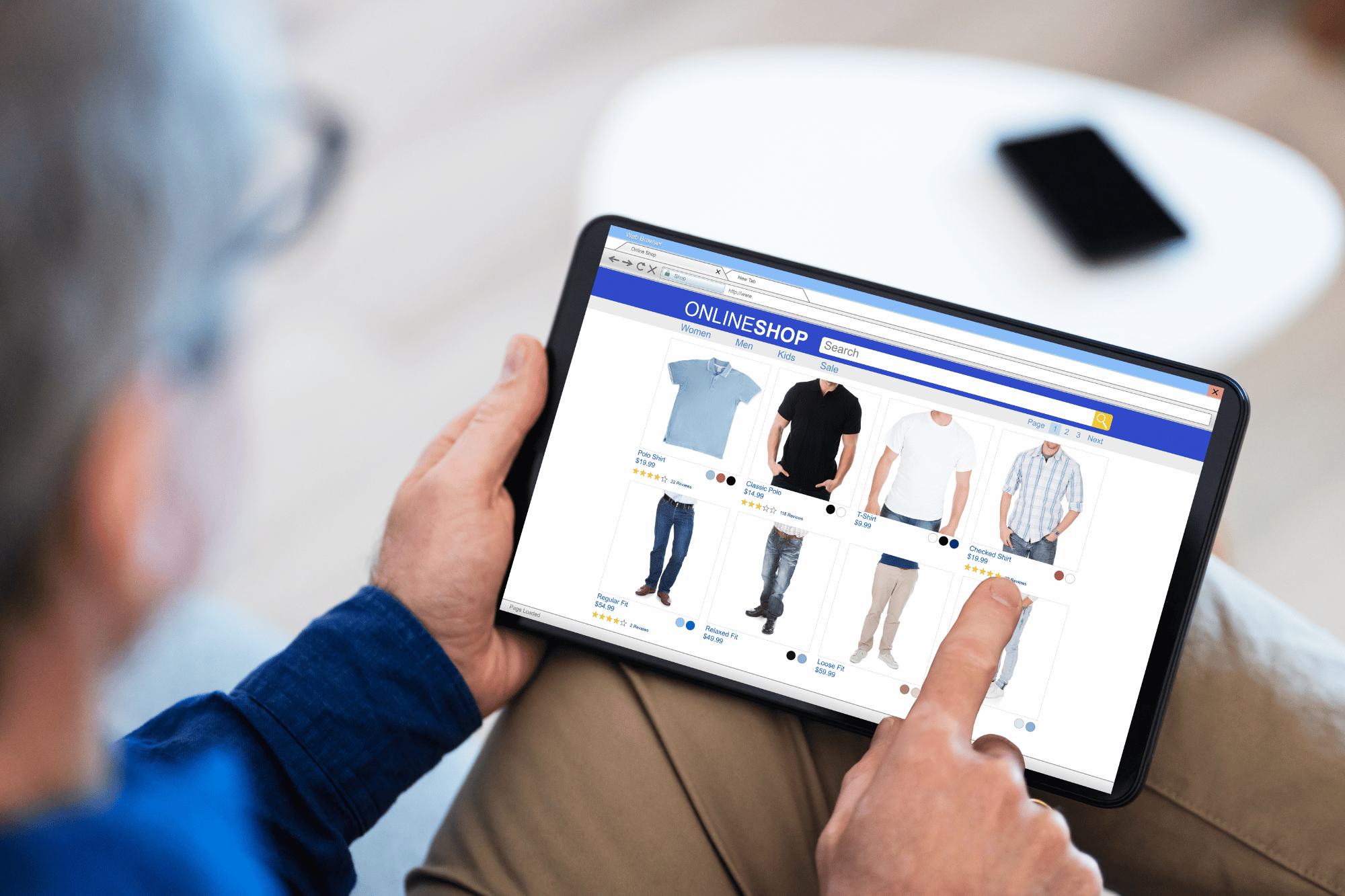All About That Box
Unless you have the time to learn the differences, it might be wiser to have your fulfillment professional do the legwork and find the best box for your product. Here’s a statistic that should alarm business owners who regularly ship products or supplies. There’s about 40 percent wasted space in the average shipped package. That’s a lot of unfilled space, caused by shippers who use boxes that are way too big. A few years ago, when shipping prices were based only on weight, empty space in a box wasn’t much of an issue. After all, emptiness didn’t add weight to the package, did it?
Here are three good reasons to have a fulfillment company procure your boxes:
1. The right box for the job
If your box is too big, you’ll pay too much in shipping. If it’s not the right kind of box, your product is likely to get damaged. Now though, the shipping landscape has shifted, and the size of a box matters a lot because major shipping carriers like UPS and FedEx base their shipping charges on either weight or what is called dimensional weight (DIM)–the length, height and depth of a box. They measure both weight and DIM and choose whichever charge is higher. (One way to avoid DIM, for boxes under 1 cubic foot, is to ship through the USPS, which doesn’t use DIM pricing for boxes of that size.) Your fulfillment company knows which boxes are best for which uses.
In many cases, especially when shipped items aren’t heavy, DIM is more expensive. I saw an example in an article I read that compared the cost of several items–a pair of tennis shoes, a toaster and a student backpack. In each case, the DIM charge was higher for those items — from 13 percent to 35 percent. Shipping the tennis shoes cost $1.06 more on average because of DIM pricing, for example. By employing DIM, carriers are pushing shippers to use boxes that are a better fit for the products they contain. Decreasing box size allows shippers to get more boxes on their trucks and planes, which means more money to their bottom line.
2. Buying boatloads of boxes
There are several reasons to use a box that fits what you are shipping. And, when boxes are larger than they need to be, more packing materials are needed inside. Those fillers can be pricey. The less you have to use, the more money you’ll save on shipping. Your fulfillment company buys boxes and shipping supplies in much larger volume than you do. So, in most cases, it can get you a cheaper price per box than you could ever negotiate on your own. Your 3PL will have a variety of options in all shapes and sizes. Volume speaks volumes.
3. The fine art of packing
The right box is just part of the complete package. Packing material is essential to protect your goods. Fulfillment professionals know how to choose and test everything from packing materials to the amount and positioning of packaging tape to reinforce a package.
No one type of packing material is right for every product. You can’t nestle a flat-screen television in packing peanuts and expect it to come out unbroken. If you are shipping glass objects, you must make sure that the packing materials will adequately protect them without scratching or marring surfaces. Keep in mind too that some packing materials create other issues. Styrofoam peanuts, for example, can create static electricity, which could be a problem for electronics. If you are shipping high volumes of fragile items, it could be worth your while to have molded protective packaging made for your shipping boxes.
And, when your box is ready to go…
Successful shipping begins with a sturdy box, but it sure doesn’t end there. Given the beating that shipments often take on their path from warehouse to the recipient, the materials used inside the box to protect products from damage are equally important.
When your package is ready to ship, it’s also smart to have your fulfillment specialist negotiate shipping rates for you. Because of the volume of shipping they do, fulfillment firms can usually negotiate cheaper shipping rates with all possible carriers. That savings can be passed along to customers like you.
Interested in how Bluegrass can help?
See what we can do.
You may also like...



